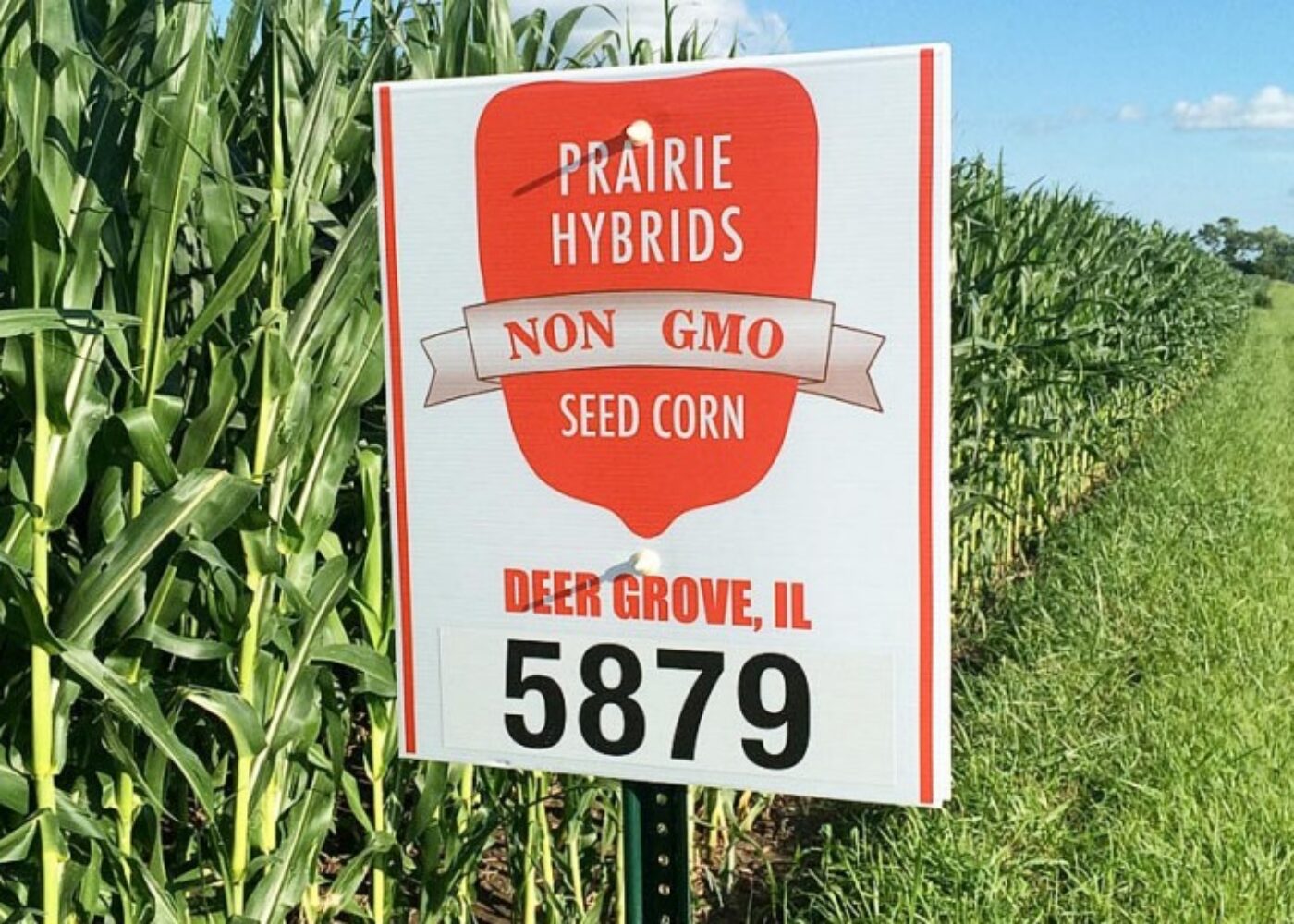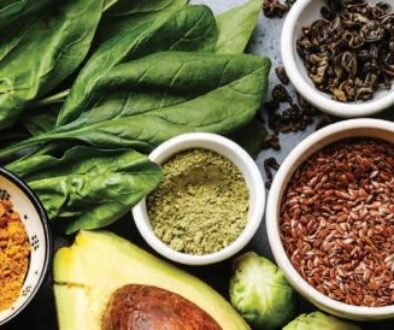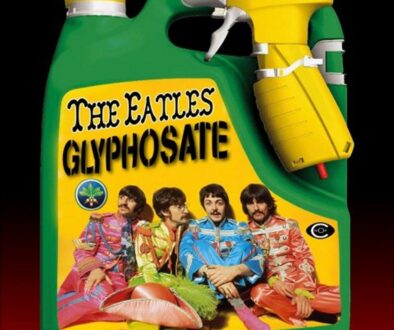Mid-West Seed Company Becomes the Go-to Source for Non-GMO Corn Seed

“In 2000, we were approached by GMO technology providers about licensing GM seed,” said Gilbert, Hostetler’s grandson and now co-owner, with his brother Rodney, of Prairie Hybrids, a family-owned corn seed company in Deer Grove, Illinois.
This was in the days when Monsanto and other biotechnology companies were purchasing small seed companies, while others were driven out of business.
“My grandfather attended three meetings about licensing GM seed and after the third meeting he said: ‘They want to control the small seed companies. Farmers can no longer plant what they want. It’s too binding, they will control our destiny, and I can’t see us going down that road,'” Gilbert said.
With that, Prairie Hybrids refused to sell genetically modified corn seed.
“Go-to place for non-GMO seed”
Initially, Gilbert was concerned their business wouldn’t survive.
“We had customers who had previously purchased semi loads of seed walk out the door,” he said. “We joked about getting jobs as greeters at Wal-Mart.”
Gilbert consulted with a seed industry expert who encouraged them to focus on selling non-GMO seed.
“He said there will be a need for small seed companies that remain independent and stay non-GMO to supply the farmers that won’t grow GMOs,” he said. “We had to find a niche.”
The consultant also said that if GMO labels became a requirement then “the GMO party is over,” Gilbert said.
Prairie Hybrids focused on producing non-GMO corn seed, and today the company is reaping the rewards in the fast-growing non-GMO market.
“We saw big potential in non-GMO corn seed,” Gilbert said. “We are looked upon as the go-to place for non-GMO corn seed.”
Prairie Hybrids’ location in northwestern Illinois is ideal for seed production. An underground aquifer runs from Lake Michigan through central Illinois to the Mississippi River. As a result, Prairie Hybrids can use water from the aquifer to irrigate their fields when there is a drought. Larger seed companies also grow corn for seed in this region.
“There is good drainage and irrigation here,” Gilbert said.
Seed production
Prairie Hybrids grows non-GMO corn for seed on about 1000 acres. They also contract farmers in the area to produce seed.
Prairie Hybrids also produces organic corn seed; about 15 to 20 percent of their seed production is organic.
The seed is cleaned and conditioned at the company’s Deer Grove facility. Over the past 10 years they’ve added new equipment, including a new drying facility.
“The new equipment has helped us produce the highest quality possible,” Gilbert said.
Their seed is not treated with neonicotinoids, the insecticidal seed coating that has been linked to bee deaths. Gilbert said they stopped using neonics after some employees got sick from handling them. Also, the lack of neonicotinoids on the seed has not resulted in any yield drag in the corn, according to Prairie Hybrids’ customers.
GMO testing
Every seed lot is tested for genetically modified material using lateral flow “strip” tests and DNA-based PCR tests. Samples are taken and tested when corn is harvested and again when the seed is processed and bagged.
Prairie Hybrids’ seed meets a GMO threshold of three percent though some customers request a threshold of 1.5 percent.
“We try to accommodate,” Gilbert said.
Gilbert acknowledges that preventing GMO contamination of seed is very challenging. They will plant seed later than their neighbors to avoid cross pollination.
Having good relations with neighbors makes a difference.
“We have friendly neighbors that cooperate with us,” Gilbert said.
The demand for Prairie Hybrids non-GMO seed is strong. Sales increased 20 percent this year.
“I’m impressed with how many farmers are waking up and going back to non-GMO,” Gilbert said. “They are realizing that a $200 bag of (non-GMO) seed yields just as much or more than a $350 bag of (GM) seed.
Looking ahead, Hostetler wants to expand by building a processing facility to handle food-grade non-GMO corn.
Reports better animal health with non-GMO feed
Gilbert said farmers are seeing other benefits of growing non-GMO beyond the economics.
“Many times dairy farmers have called me to say they are seeing health problems from GMO feed and that these improve with non-GMO feed,” he says. “That happens over and over.”
Gilbert has compiled statements from dairy, livestock, and hog farmers documenting the health improvements after switching to non-GMO feed.
“I have too much evidence from too many farmers who say the same things about animal conception and digestive problems and sickness from GM feed,” Gilbert says.
Based on his experience and research, Gilbert is convinced GM foods are unhealthy for people also.
“GMOs are weakening the immune systems of children, which in turn is increasing diseases in children. The protein in the GM corn plant is killing the biology in our digestive tract,” he says.
Gilbert sees non-GMO as the future.
“When Similac (baby formula) went non-GMO, that gave me a good indication of where this is going,” he says.
Originally published at the Organic and Non-GMO Report


